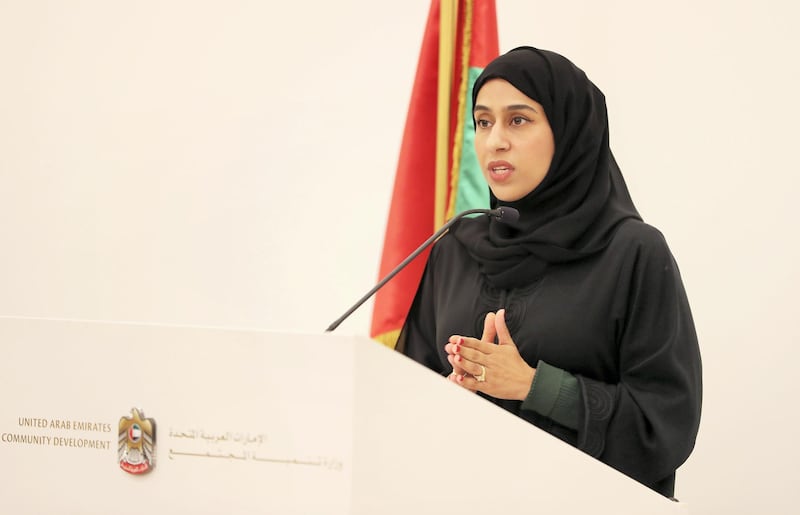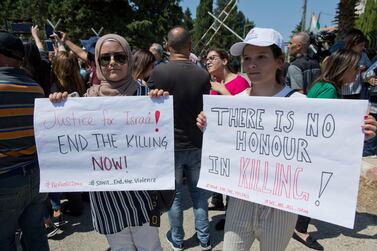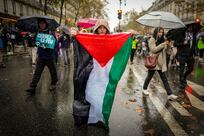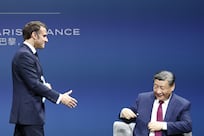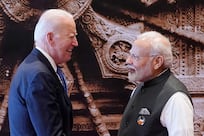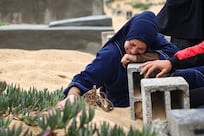It is the silent and often unspoken menace that affects as many as one in three women on the planet. While the number of cases of domestic violence reported in the UAE are relatively low, especially compared to the rest of the region, there are few places in the world without trace of this potent threat. According to the World Health Organisation, as many as 38 per cent of femicides are carried out by a male partner. Violence against women – particularly that perpetrated by a partner – is deemed by WHO to be a "major public health problem". Worse, such incidents often go unreported because victims are afraid to speak up. And because domestic abuse frequently happens behind closed doors, extended family and community members are too often oblivious to their occurrence.
It is in recognition of these frightening global statistics that UAE authorities are taking steps to ensure all victims of abuse can get the help they need to feel safe. Hessa Buhumaid, the Minister of Community Development, announced this week that the UAE would be rolling out a zero-tolerance policy towards violence involving women, children and the elderly. The three-year Family Protection Policy will involve strengthening laws to protect women and children and building more sheltered housing for victims of abuse. The initiative aims to respect traditional family and Emirati values while giving victims recourse for action and a port of call when needed. "We promise to support the nation, family and community members to enhance societal responsibility and boost family solidarity and cohesion," Ms Buhumaid declared.
The policy aims to boost existing laws and offer a more secure safety net as well as bringing all entities dealing with family protection in the UAE under one unified system, including outlets to report and receive complaints. In a world where child abuse affects an estimated one in four people, it is necessary recognition of an evil in society.
While incidents of domestic violence and child abuse might be few and far between in the family-orientated UAE, one case is one too many. Last year there were 1,027 cases of abuse reported in the Emirates, according to the Dubai Foundation for Women and Children, an organisation that provides a safe haven and support for victims of abuse. In 72 per cent of domestic abuse incidents, husbands were the perpetrators of violence.
The number of reported cases is relatively low compared to the region, where 37 per cent of Arab women experience violence in their lifetime, according to UN Women. Even that number is likely to be a conservative estimate as the UN report said: "Violence against women is almost universally underreported." The UN found 60 per cent of female victims of violence globally did not ask for support or protection of any sort. Victims often feel ashamed, are afraid of reprisal or fear they will not be taken seriously. But it is the perpetrators who should feel shame for breaking the law and inflicting untold physical and mental trauma on others.
Domestic violence and child abuse victims must be encouraged to speak up and report incidents to police to begin the long process to recovery. The UAE initiative is an important step towards ensuring when victims do come forward, they are protected from retaliation and further abuse. A comprehensive approach to domestic violence must include not only the protection of victims but education and awareness programmes so that both genders respect and appreciate each other's rights.
Domestic violence is a worldwide problem that needs local solutions. The UAE is working towards better protection for its communities so that its most vulnerable members can feel they have recourse when things go wrong, and are heard.
